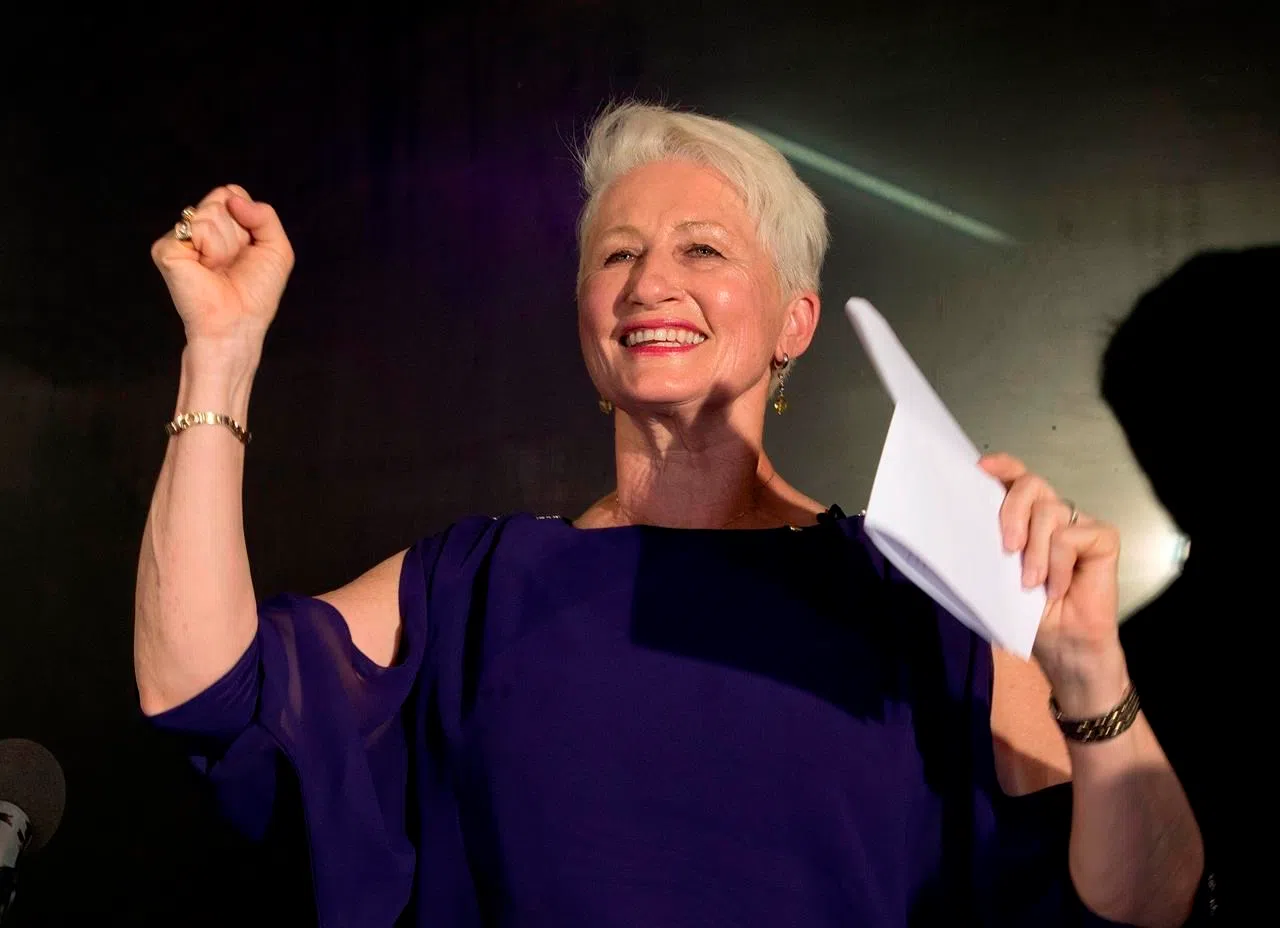
Australia’s ruling coalition forced into minority government
SYDNEY, Australia — Australia’s ruling coalition was forced into minority government on Saturday after a massive swing against its senior partner, the Liberal Party, in a byelection for the seat of the prime minister the party itself had dismissed.
In a stinging backlash from the electorate after the fourth toppling of an Australian leader by internal party vote in just eight years, a swing of more than 20 per cent against the sitting Liberals propelled independent candidate Kerryn Phelps to a decisive victory.
The result cost the conservative Liberal-National party coalition its one-seat majority in the House of Representatives, forcing Prime Minister Scott Morrison to rely on deals with independent lawmakers to guarantee confidence in his government, enact legislation and ensure money supply.
The next general election is due in seven months, and there was no immediate talk Saturday that it would be held any sooner.


